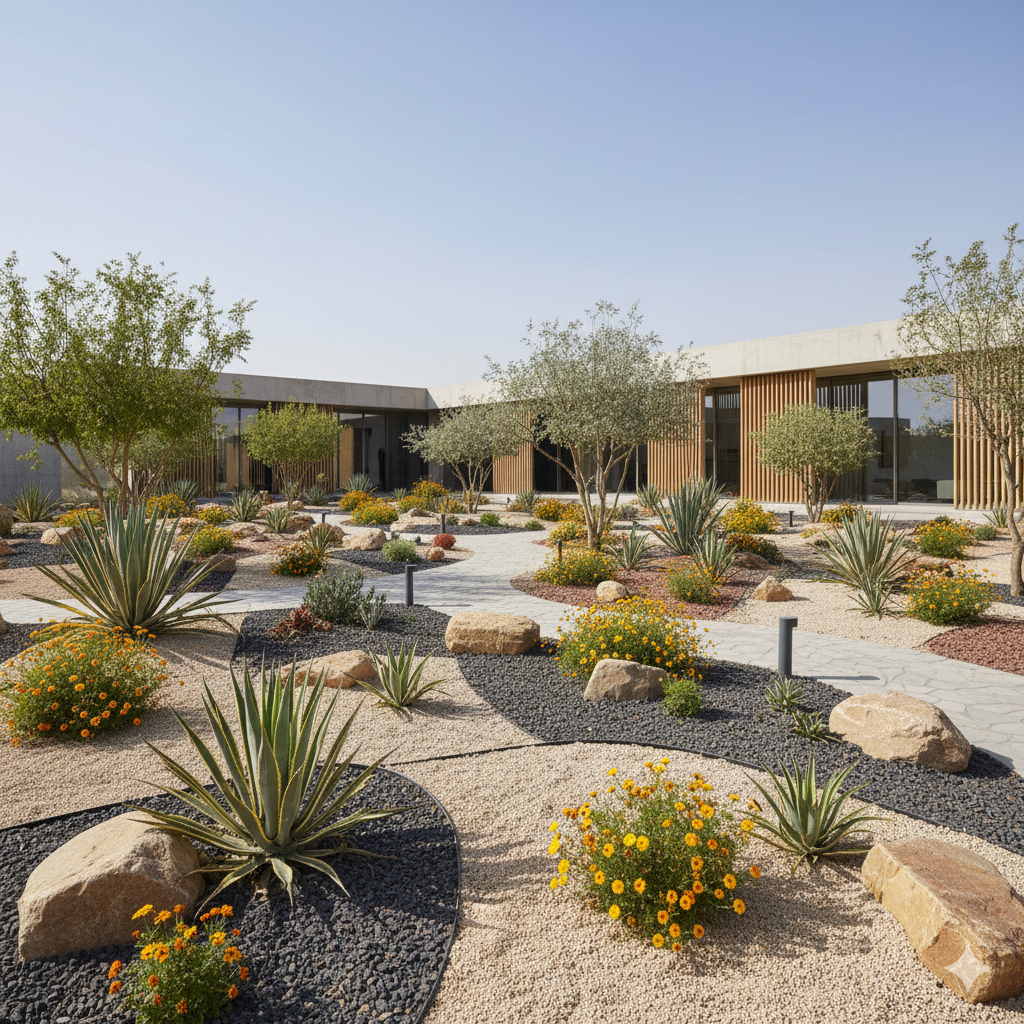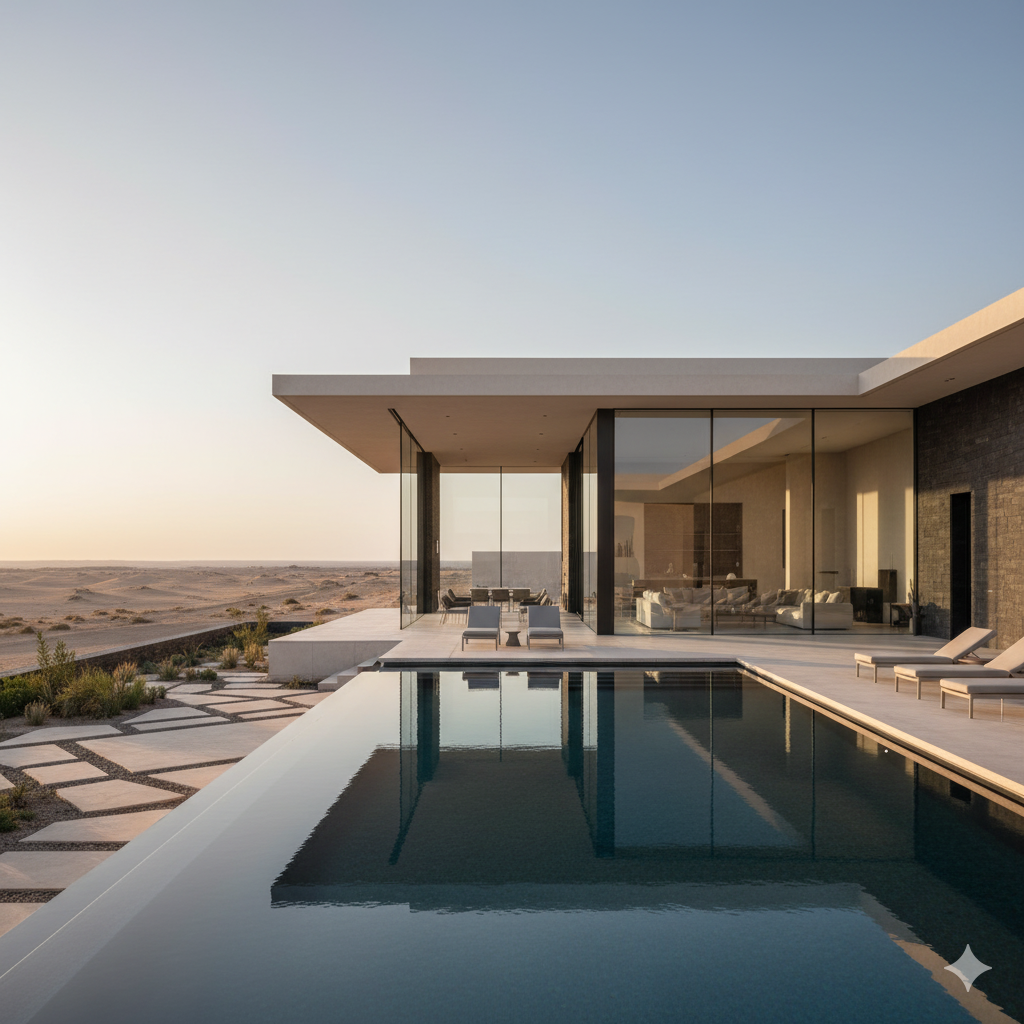Purchasing property in Saudi Arabia can be a rewarding investment, whether you’re a local buyer, expatriate, or foreign investor. However, like any real estate transaction, it involves several steps to ensure a smooth process and legal compliance. Understanding the buying process in Saudi Arabia will help you navigate the complexities and make confident, informed decisions.
In this guide, we’ll outline the 7 essential steps to buying property in Saudi Arabia, from researching the market to finalizing the deal. Whether you’re eyeing your first home or a long-term investment, this guide will help you through each phase of the property buying journey.
1. Buying property in Saudi Arabia | Determine Your Budget and Financing Options
Before diving into the real estate market, it’s crucial to determine how much you can afford to spend on your property. Your budget will influence the type of property you can purchase, the location, and the amenities you can expect. This step is foundational and helps avoid financial strain later.
Steps to Consider:
- Assess Your Finances: Consider your savings, income, and potential financing options. You should have a clear idea of your down payment, loan eligibility, and monthly budget.
- Explore Financing Options: Saudi Arabia offers various financing options, such as conventional mortgages, Sharia-compliant mortgages, and government-backed programs like the Sakani Program for Saudi nationals. Research each option and find the best deal that suits your financial situation.
By having a clear budget and financing plan in place, you’ll be ready to explore properties that fit your needs and price range.
2. Choose Your Preferred Property Type
Saudi Arabia’s property market is diverse, offering a wide range of property types. The two most common choices are villas and apartments, but there are also commercial properties, land, and off-plan developments to consider. The type of property you choose will largely depend on your needs, lifestyle, and investment goals.
Common Property Types:
- Villas: Spacious, detached homes with private gardens, often in suburban areas.
- Apartments: Multi-story residential units, either standalone or in shared buildings. Ideal for those seeking less maintenance and more urban living.
- Land: Ideal for investors or developers looking to build from scratch.
- Commercial Properties: For businesses looking to invest in commercial real estate.
Choose a property type that aligns with your long-term objectives, whether you’re looking for a home to live in, an investment for rental income, or a development project.
3. Research the Market and Select a Location
Once you’ve defined your budget and property type, the next step is to choose the location. Saudi Arabia’s real estate market offers a wide range of areas, each with its unique appeal. The location you choose will affect your property’s value, your quality of life, and the potential for future returns.
Key Factors to Consider:
- Proximity to Key Areas: Consider how close the property is to work, schools, hospitals, and shopping areas.
- Growth Potential: Some areas are experiencing rapid development, with government-backed initiatives like Vision 2030 driving urban expansion in cities like Riyadh, Jeddah, and Dammam.
- Lifestyle Preferences: Think about whether you prefer a quieter suburban area or a more dynamic urban setting.
Popular areas for real estate investments include districts like Al Shati, Al Rawdah, and Al Malqa in Jeddah, and Al Hittin, Al Narjis, and Al Yasmin in Riyadh. Research each area’s property market trends and potential for growth.
4. Find a Reliable Real Estate Agent or Developer
In Saudi Arabia, the real estate market can be complex, and having a reliable real estate agent or developer can simplify the process. They will guide you through available properties, help negotiate prices, and ensure all legal documents are in order.
Steps to Take:
- Do Your Research: Look for licensed agents or reputable developers with a good track record in the market.
- Check Credentials: Ensure they are registered with the Saudi Real Estate Authority (REA) and adhere to legal standards.
- Request References: Ask for testimonials or reviews from past clients to gauge their reliability and professionalism.
Working with a trusted agent or developer will save you time, effort, and potentially avoid costly mistakes.

5. Conduct Due Diligence and Verify the Property
Before committing to a purchase, it’s important to conduct thorough due diligence on the property. This involves verifying the legal and financial status of the property and ensuring that the property meets all regulatory requirements.
Key Steps in Due Diligence:
- Property Ownership: Verify the seller’s title and ensure the property is free of debts or legal disputes.
- Title Deed and Registration: Ensure the property is properly registered with the Saudi Ministry of Justice, and the seller has the right to sell the property.
- Check for Outstanding Fees: Verify if there are any unpaid taxes, maintenance fees, or other outstanding debts on the property.
- Condition of the Property: Check the property’s condition to ensure it matches the description and to avoid unexpected repair costs.
It’s advisable to work with a lawyer or a legal consultant to ensure the property is legally sound and there are no hidden issues.
6. Make an Offer and Negotiate Terms
Once you’ve verified the property’s condition and legal standing, the next step is to make an offer. Depending on the market and the property’s value, there may be room for negotiation. Saudi Arabia’s real estate market allows buyers to negotiate prices, terms, and additional conditions.
Negotiation Tips:
- Understand Market Value: Know the average prices for similar properties in the area to make a fair offer.
- Offer Below Asking Price: Start with a lower offer to leave room for negotiation, especially in a buyer’s market.
- Agree on Terms: Clarify the payment schedule, property transfer conditions, and any additional costs, such as registration fees or maintenance charges.
Once both parties agree on the price and terms, a formal agreement will be drawn up, and a deposit is typically paid.

7. Finalize the Purchase and Register the Property
The final step in the property-buying process is finalizing the purchase and registering the property under your name. This involves several legal steps to complete the transaction and ensure the property is officially transferred to you.
Steps to Finalize the Deal:
- Sign the Sales Agreement: Once the buyer and seller have agreed on the terms, both parties will sign a sales agreement that outlines the price, payment terms, and other conditions.
- Pay the Remaining Amount: Pay the remaining balance as per the agreed payment schedule. If you are using financing, ensure the bank releases the funds.
- Property Registration: Register the property with the Saudi Ministry of Justice to ensure the title is transferred to your name. This legally formalizes the transaction.
- Obtain the Title Deed: Once registered, you will receive the title deed, which serves as proof of ownership.
After completing these steps, you will officially own the property, and the deal will be closed.

Navigating Property Ownership in Saudi Arabia
Buying property in Saudi Arabia can be a rewarding journey, but it requires careful planning, research, and due diligence. By following the 7 essential steps outlined in this guide, you can navigate the process confidently and avoid common pitfalls.
Whether you’re purchasing your first home or making an investment, it’s crucial to work with trusted professionals, conduct thorough research, and understand the financial aspects of the deal. With the right approach, you’ll be well on your way to owning a property in one of the most dynamic real estate markets in the Middle East.
To explore current property listings, trusted developers, and financing options, visit RAKEZ Real Estate for the latest developments and guidance.

